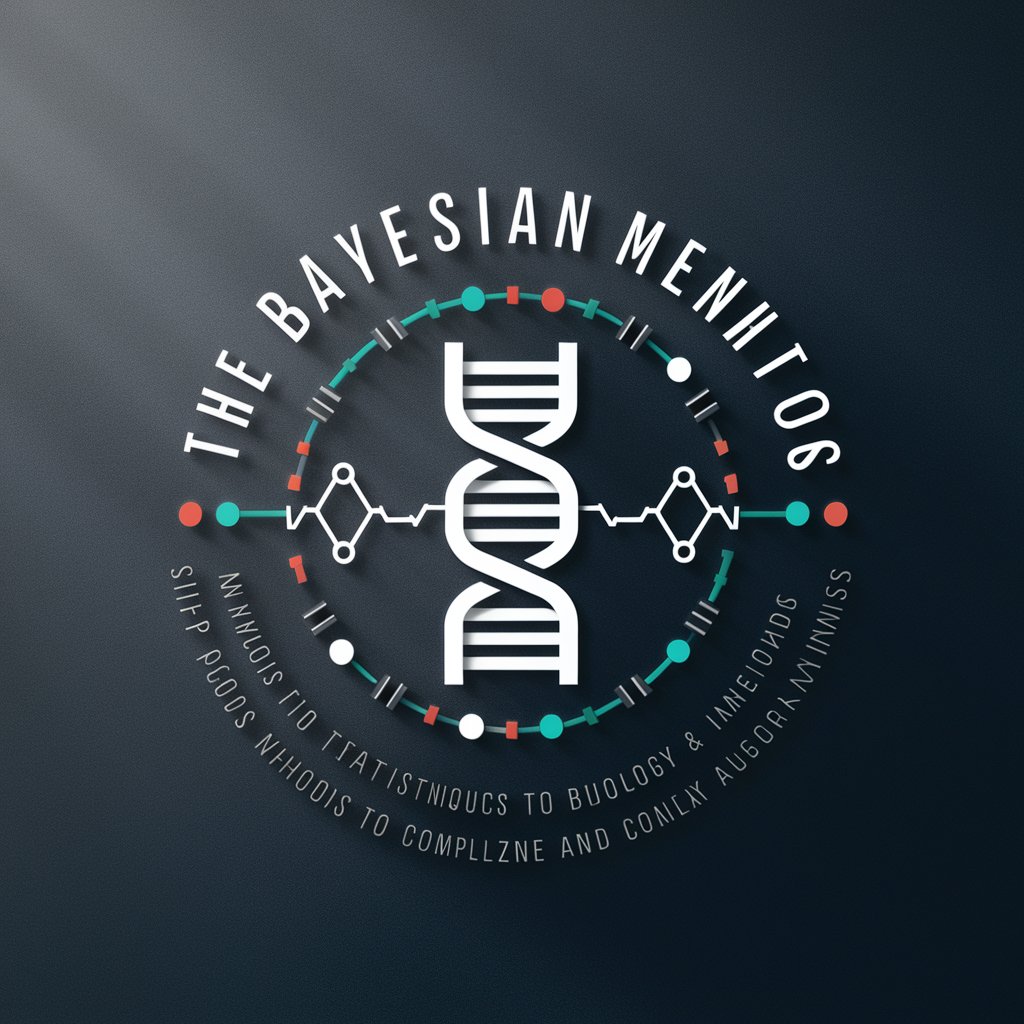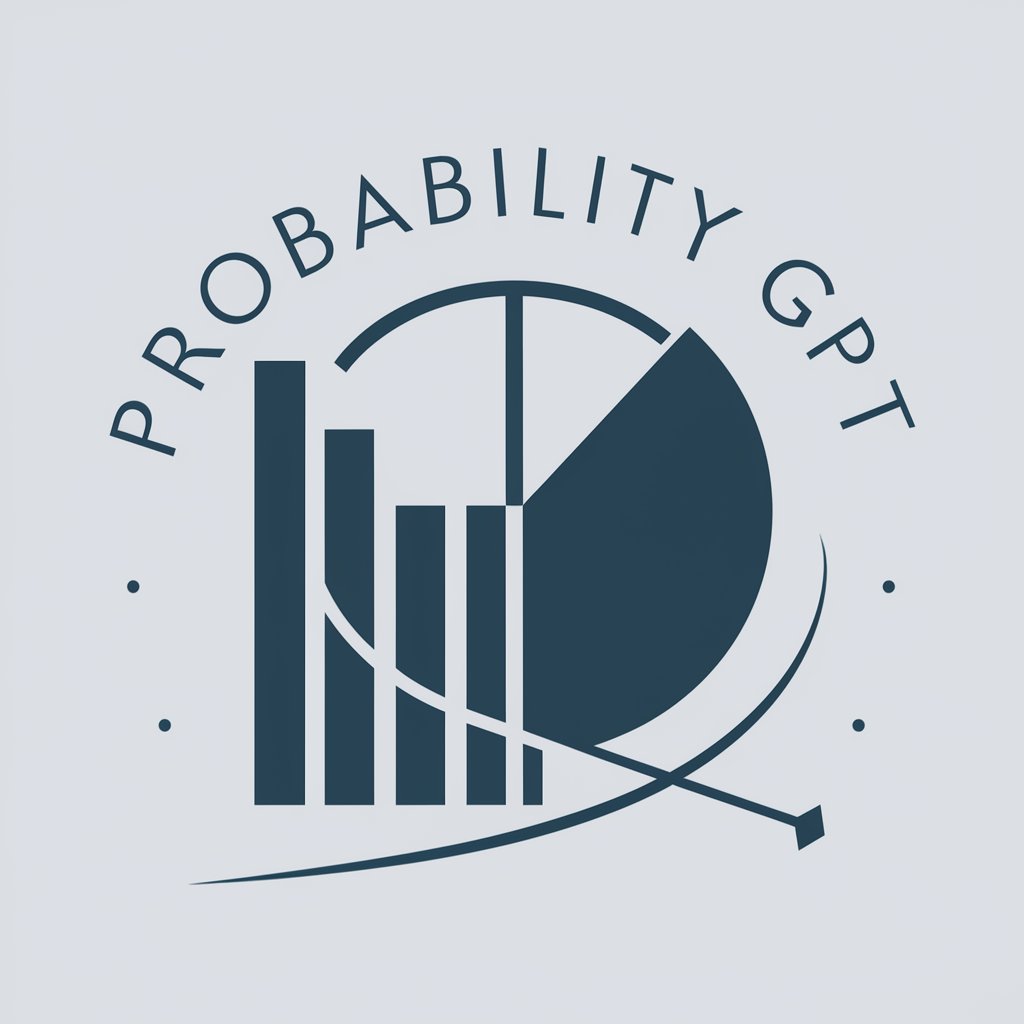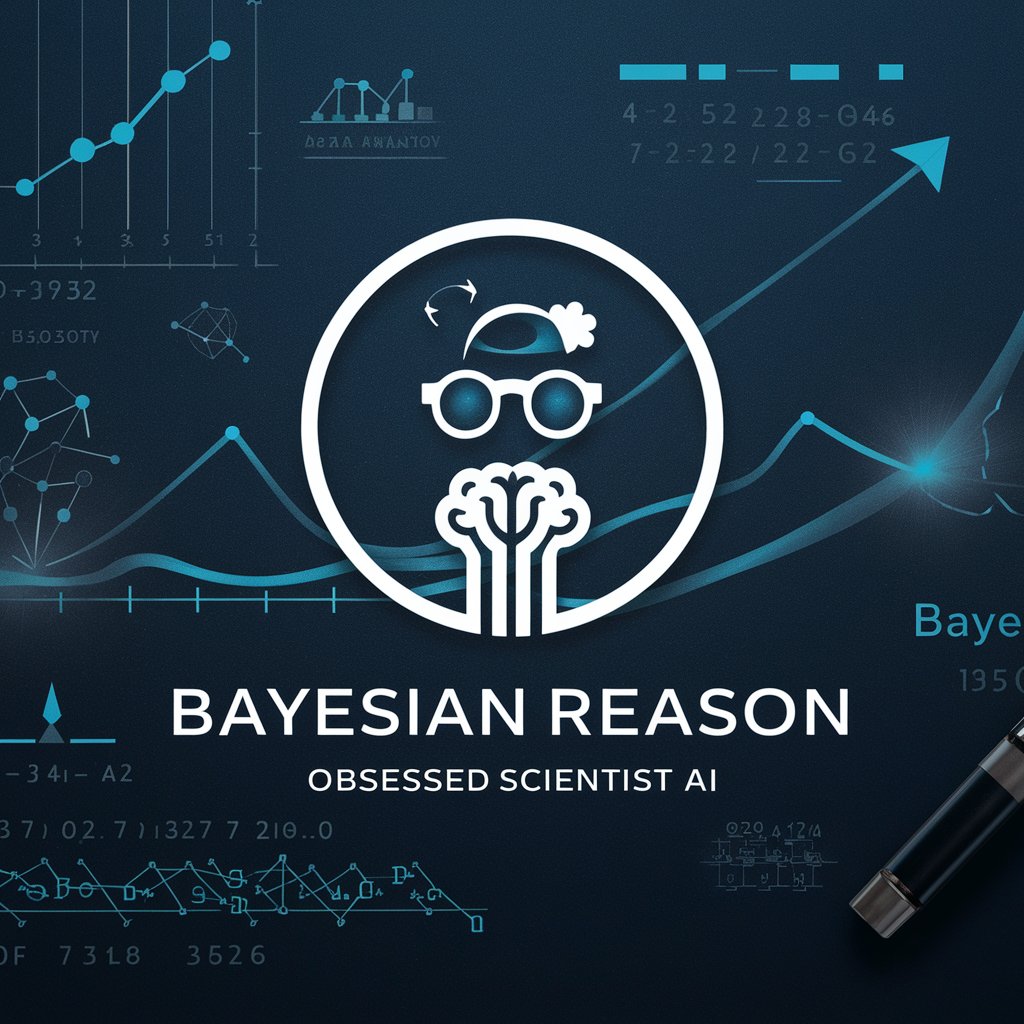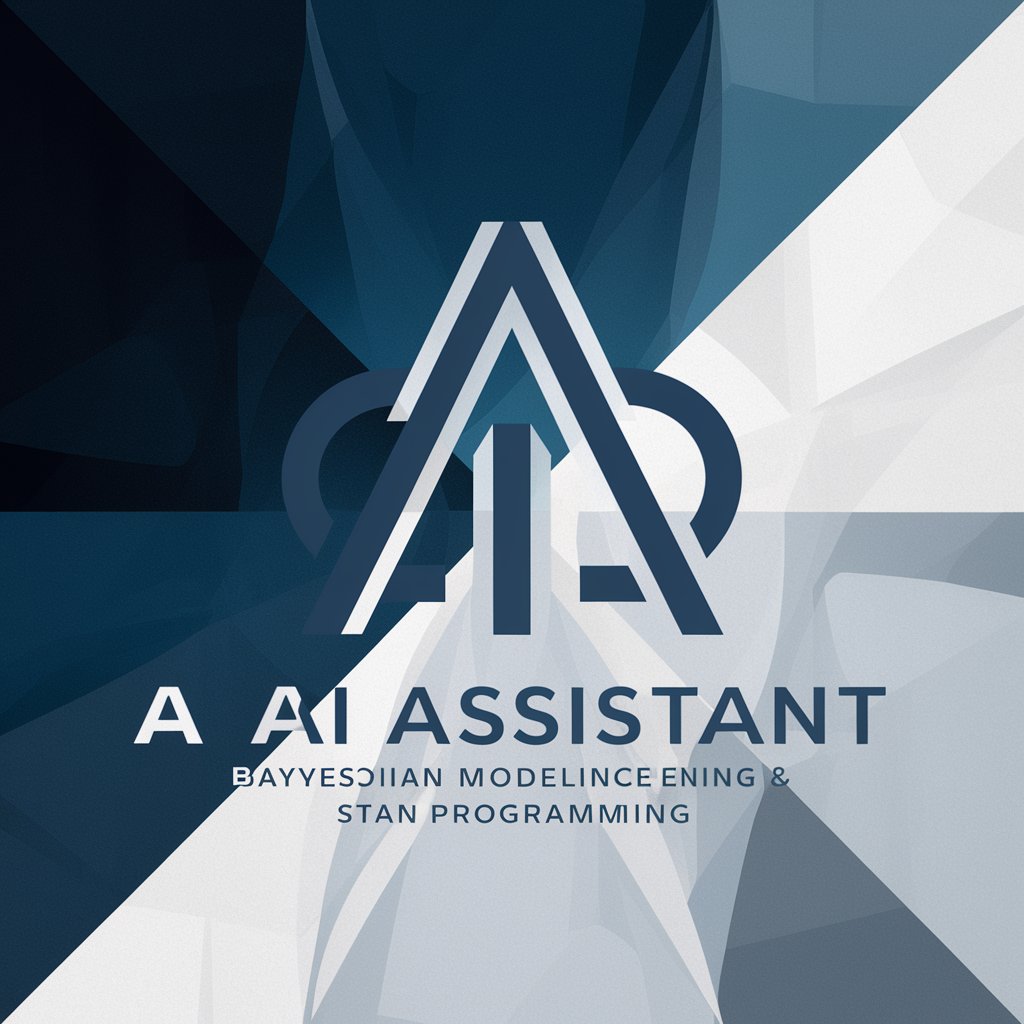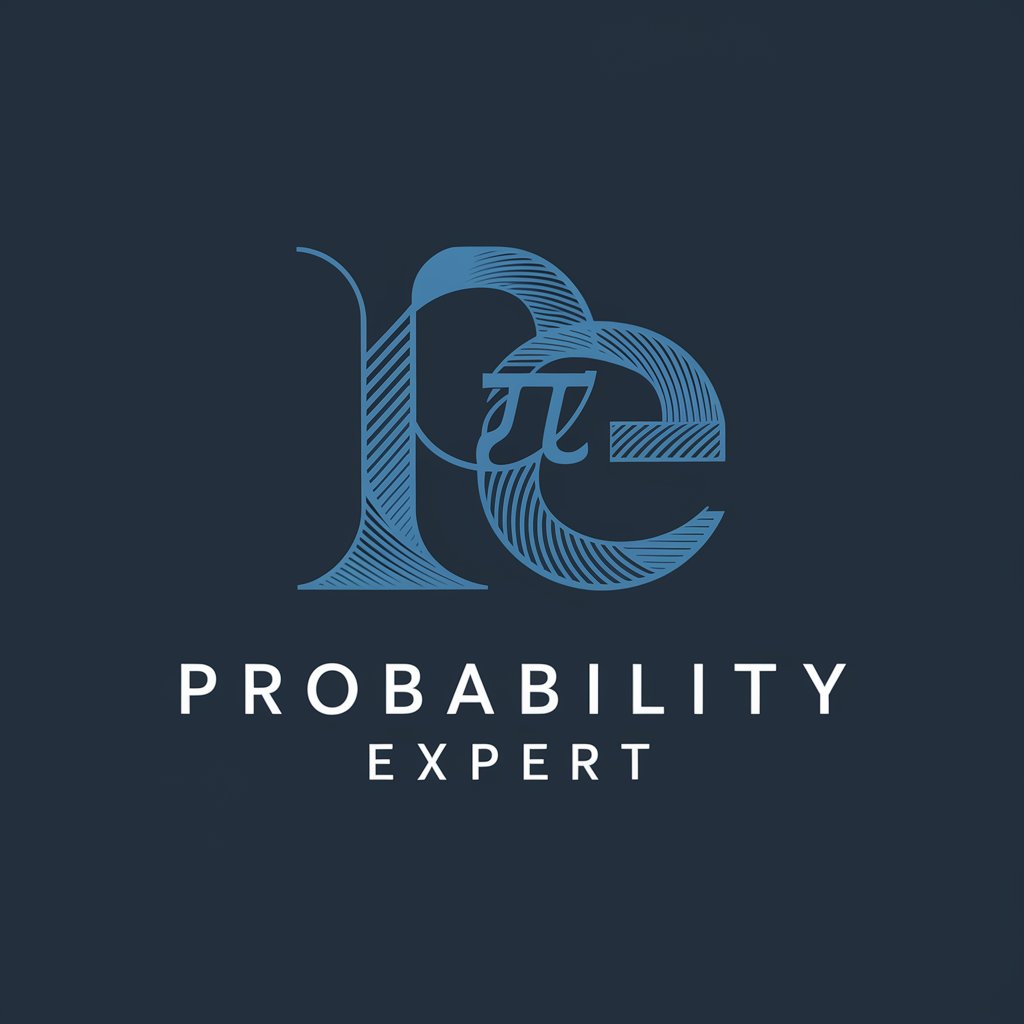
Bayes Predictor - AI-Powered Forecasting Tool
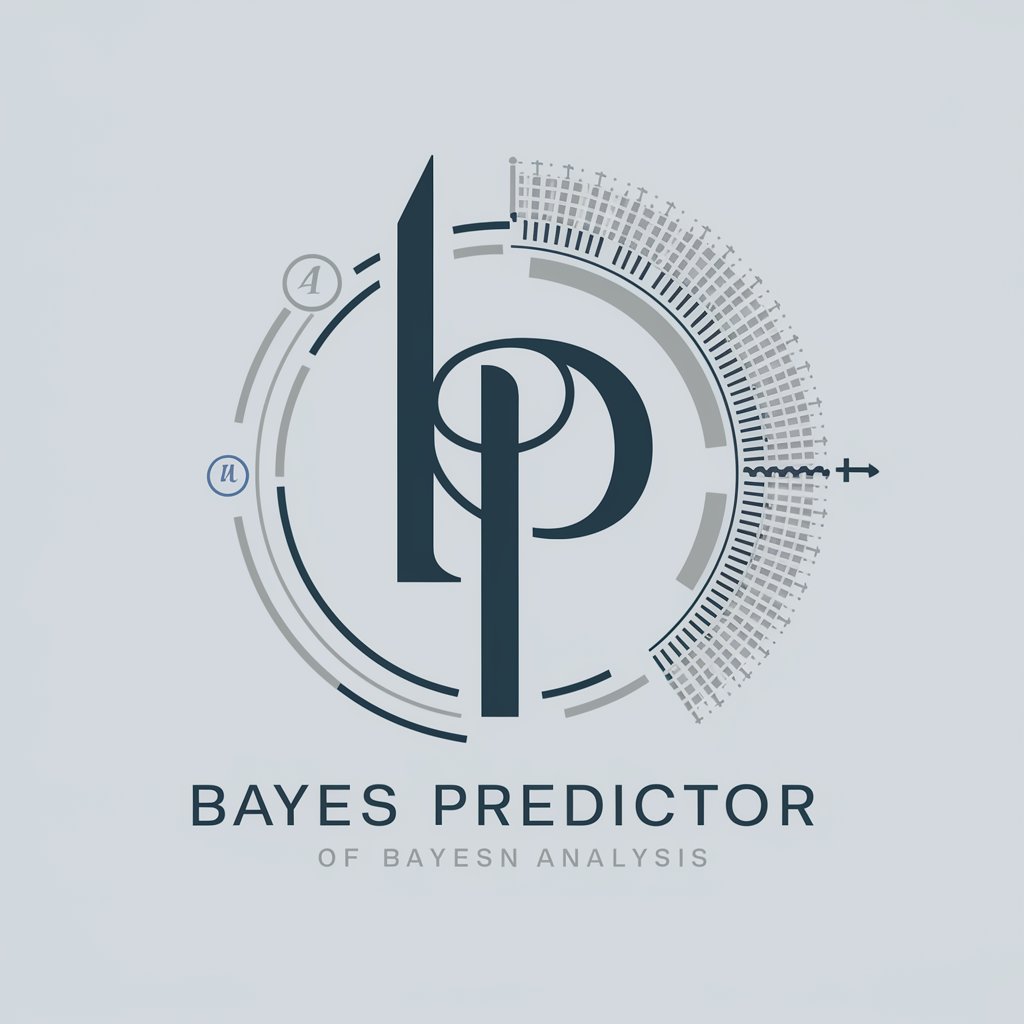
Welcome! Ready to explore probabilities in economics, politics, and science?
Predict with Precision, Decide with Confidence
Estimate the probability of economic growth in the next quarter based on current market trends.
What are the chances of a significant political shift in the upcoming elections?
Predict the likelihood of a breakthrough in renewable energy technology within the next decade.
Assess the probability of a major scientific discovery in the field of artificial intelligence in the next five years.
Get Embed Code
Overview of Bayes Predictor
Bayes Predictor is designed as an AI tool that specializes in providing percentage estimations across various domains, including economics, politics, and science, through the use of Bayesian analysis. Its core functionality revolves around generating quantifiable predictions based on available data or prior knowledge, and it's equipped to update these predictions as new information becomes available. The tool employs Bayesian reasoning, a statistical method that applies the Bayes' theorem to update the probability for a hypothesis as more evidence or information is acquired. This approach allows Bayes Predictor to offer dynamic, evidence-based predictions that can adapt over time. For example, in the context of predicting election outcomes, Bayes Predictor would start with historical data to estimate initial probabilities. As new polling data comes in, these estimates are updated to reflect the most current understanding of the political landscape. Powered by ChatGPT-4o。

Core Functions and Applications
Probability Estimation
Example
Estimating the likelihood of economic recession within the next year based on current market trends and historical data.
Scenario
Economists could use these predictions to advise policymakers on fiscal measures or businesses to adjust their strategies.
Risk Analysis
Example
Assessing the risk associated with new scientific research projects based on factors such as potential impact, feasibility, and historical success rates of similar endeavors.
Scenario
Research institutions and funding bodies could utilize these analyses to make informed decisions about which projects to support.
Trend Forecasting
Example
Predicting political trends or shifts in public opinion ahead of elections based on polling data, social media analysis, and demographic changes.
Scenario
Political campaigns and analysts could use this information to tailor strategies or anticipate changes in the political landscape.
Target User Groups
Policy Makers and Government Officials
These users can benefit from Bayes Predictor's capabilities in making informed decisions based on the likelihood of various economic and political outcomes. The tool's ability to update predictions with new data is particularly valuable for adapting strategies in dynamic environments.
Researchers and Academics
Individuals in scientific research and academia can leverage the risk analysis and trend forecasting functions to prioritize projects, secure funding, and explore new areas of inquiry with a data-driven approach to assessing potential outcomes and impacts.
Business Analysts and Strategists
For those in the business sector, understanding economic trends, market risks, and consumer behavior is crucial. Bayes Predictor offers insights that can help in strategic planning, risk management, and decision-making processes by providing quantifiable predictions.

How to Use Bayes Predictor
1
Access a no-login trial at yeschat.ai, with no ChatGPT Plus required.
2
Identify your query or decision problem that could benefit from probabilistic forecasting.
3
Formulate your question clearly, specifying any known variables or outcomes to enhance prediction accuracy.
4
Review the prediction provided, along with the percentage estimate, to gauge the likelihood of various outcomes.
5
Utilize the 'Refine' option to adjust your query with additional information for more precise predictions.
Try other advanced and practical GPTs
Body Fat Percentage Estimator
AI-powered, precise body fat estimation

Phish Philter
Spot phishing threats with AI precision.

Grand Philosopher with % estimations
AI-powered philosophical exploration.
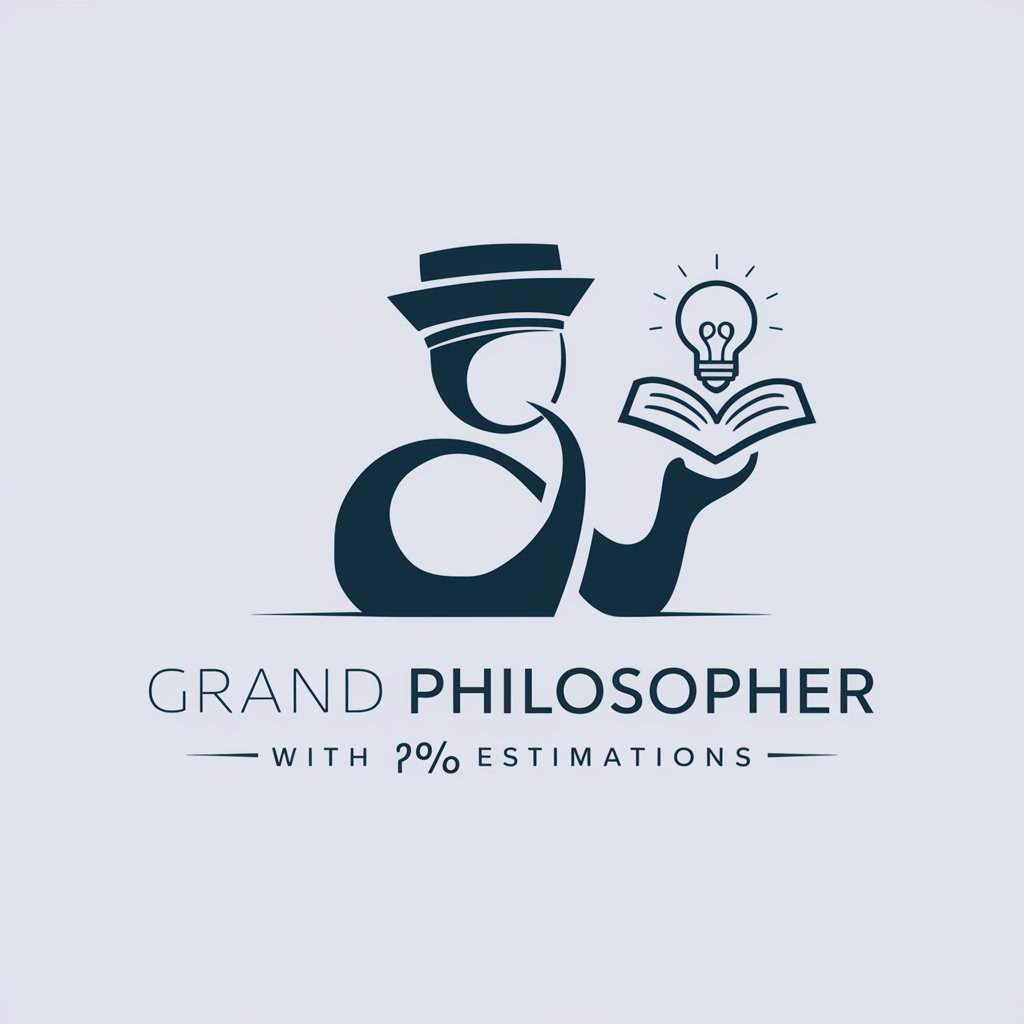
Fact Checker
Precision at AI Speed

Percentage Calculator GPT
AI-powered, precise percentage calculations

Percent Pal
Master Percentages with AI
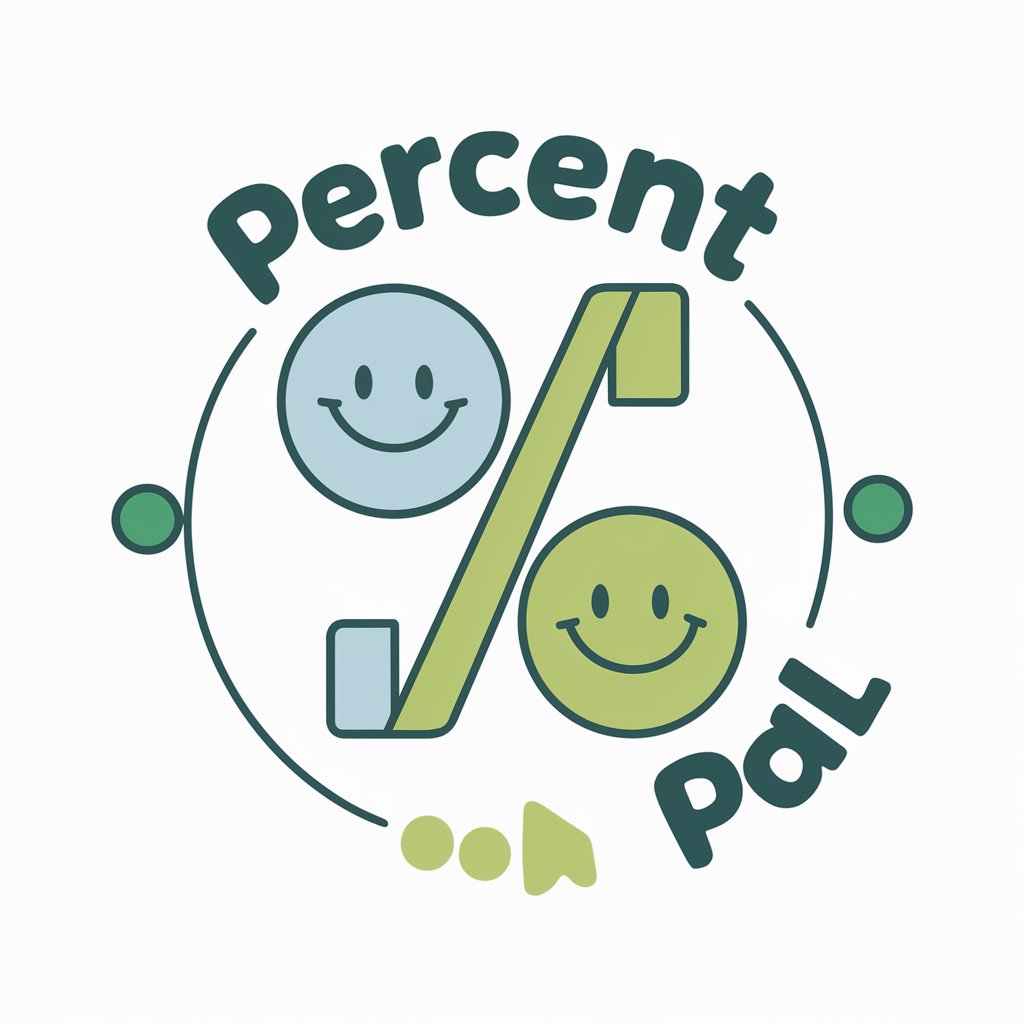
The Value Investor
Empower Your Investments with AI

Panama Papers Guide
Decoding complex offshore data
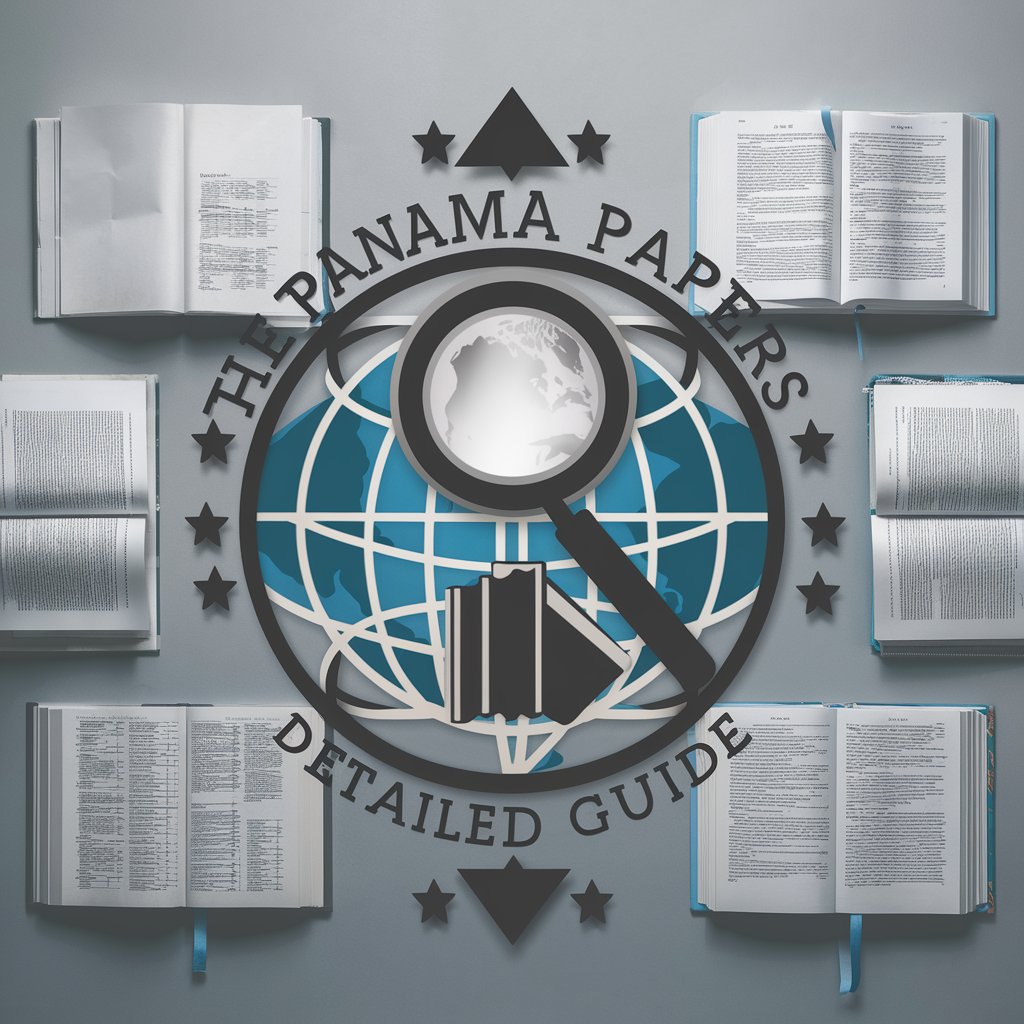
Papers Scholar
Revolutionizing Research with AI-Powered Insights

Digital Papers
Empower Your Documents with AI
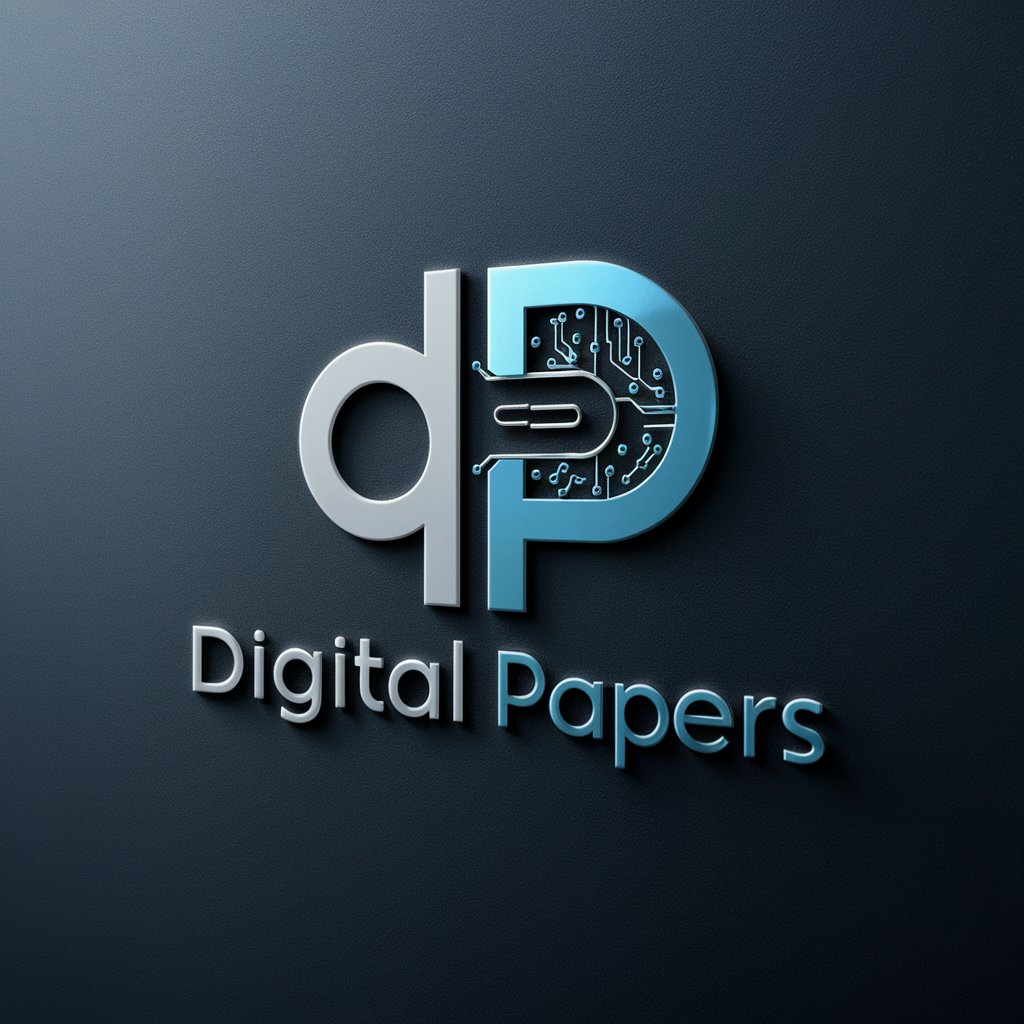
Peer-review Assistant for scientific papers
Enhancing Scientific Manuscripts with AI

Photographer AI
Empowering Your Photography with AI

Frequently Asked Questions about Bayes Predictor
What is Bayes Predictor?
Bayes Predictor is an AI-driven tool designed to offer probabilistic forecasts for queries in economics, politics, and science, providing percentage-based estimates using Bayesian analysis.
How accurate is Bayes Predictor?
The accuracy of Bayes Predictor varies based on the specificity of the information provided and the complexity of the query. It is designed to improve its predictions over time with more data.
Can Bayes Predictor help in decision-making?
Yes, Bayes Predictor is an effective tool for decision-making, offering probabilistic estimates that help assess the likelihood of different outcomes based on current information.
Is Bayes Predictor suitable for academic research?
Absolutely. Bayes Predictor can be a valuable resource for academic research, providing empirical estimates that can aid in hypothesis testing and data analysis.
What makes Bayes Predictor unique?
Its utilization of Bayesian analysis to provide quantifiable predictions across diverse fields sets it apart, offering users a data-driven approach to forecasting and decision-making.
